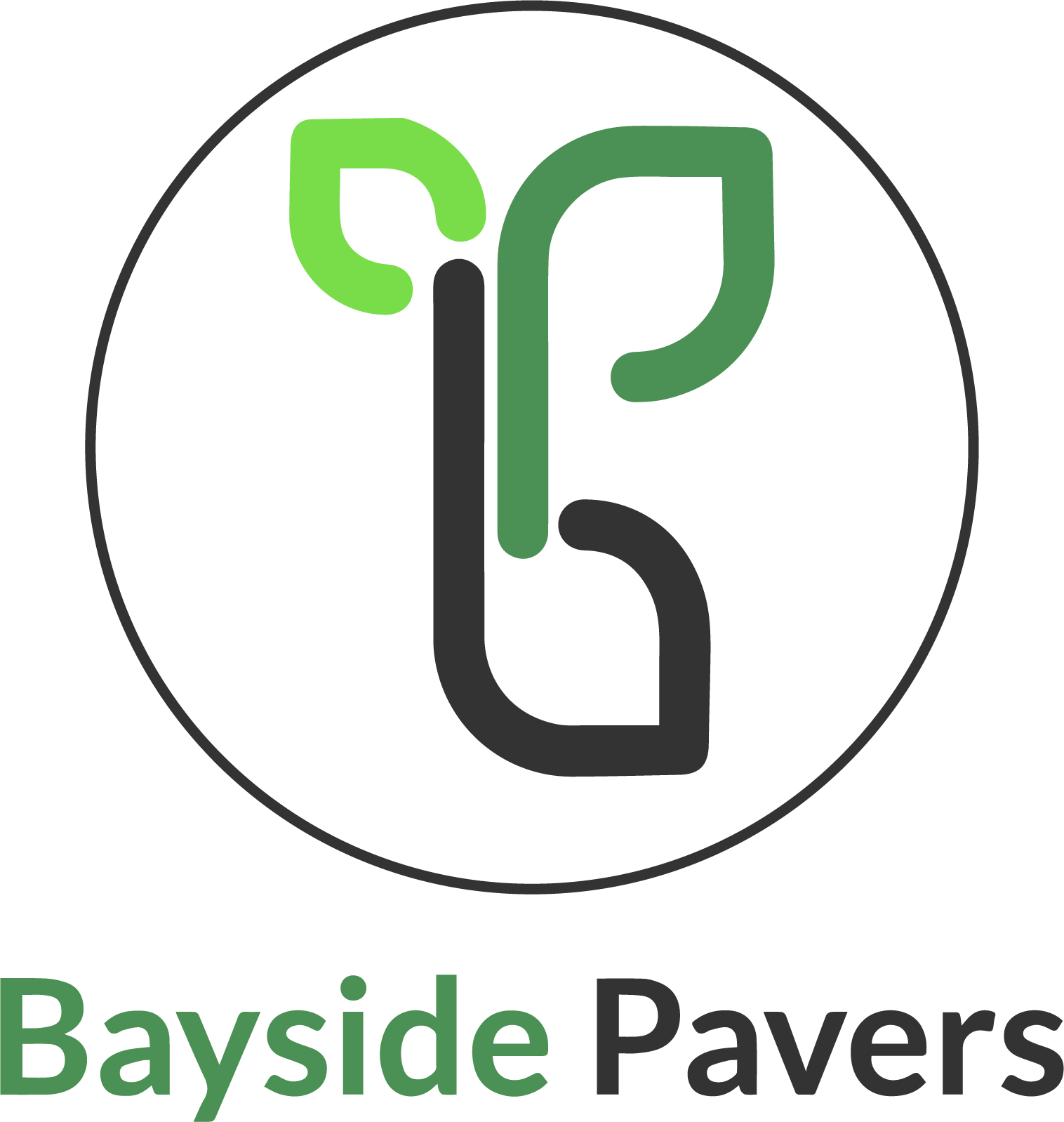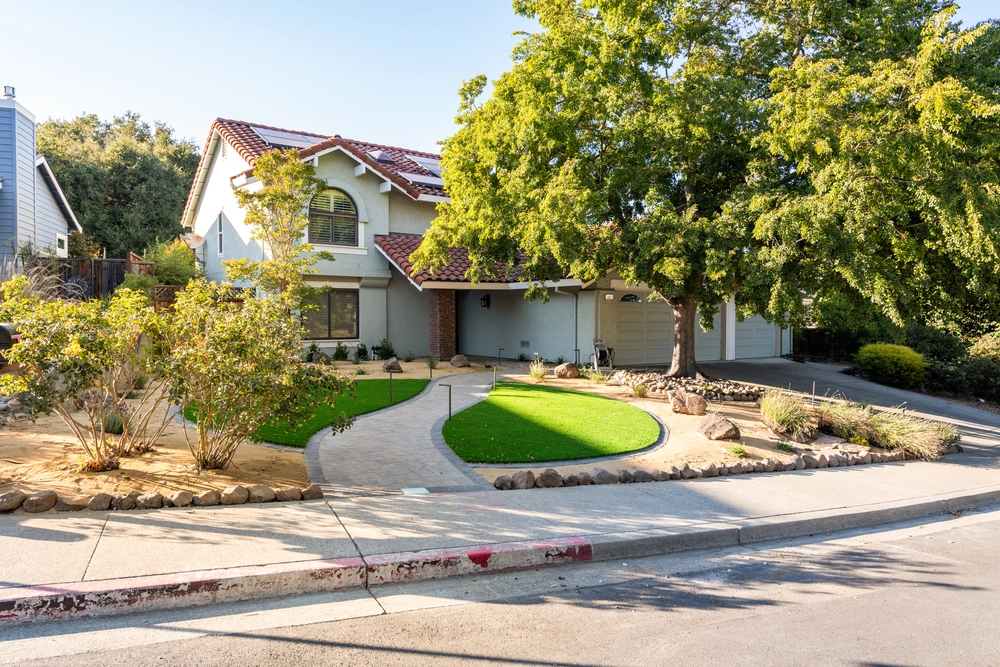Today, many developers use more Permeable pavers on their projects, for both the interior and exterior spaces. They turn to the U.S. Green Building Council (USGBC) who has developed the Leadership in Energy & Environmental Design (LEED) certifications.
WHY USE PERMEABLE PAVERS?
Good storm water management is crucial to almost all outdoor and/or landscaping design projects. Permeable pavers help rainwater absorb and irrigate the soil beneath them. Without these permeable pavers, the sewer systems become flooded in a rainstorm. Any developer who pursues a LEED certification should consider using permeable pavers.
ADVANTAGES TO HAVING PERMEABLE PAVERS…
When building a new development, permeable pavers can be used instead of rebuilding storm sewers to manage storm water. With non-porous paved surfaces, there is excessive land erosion, run off, and the formation of salt. All of these pose a problem.
As a result, in many areas of the country, more land is being paved over for new housing developments and highways. This brings challenges for storm water management. Now, new rules are require the use of permeable pavement in new housing and commercial developments.
For this reason, permeable concrete interlocking pavement works well in these situations. The gaps between the stones allow excess water to soak into the base beneath and absorbed into the ground. Overall, this provides irrigation for foliage, ground cover, and grass. The California Ready Concrete Association has affirmed that permeable pavers, when properly installed, can last as long as 20 to 40 years.
DESIGN & INSTALLATION OF PERMEABLE PAVERS
To successfully comply with the city ordinances requiring permeable pavement systems, they must be engineered, installed and properly designed. This is not a job for amateurs. BaySide Pavers works closely with land developers, architects, engineers and city planners. Together they comply with the ordinances for residential, commercial, industrial, and municipal land projects. Every development must be MS4 compliant to manage storm waters in the San Francisco Bay Area. They make sure they meet and exceed best (storm water) management practices (BMP).
HOW PERMEABLE PAVERS FIT TOGETHER
Permeable Pavement Systems add beauty to a development. They do so with their unique patterns. They also offer an environmentally friendly solution to help storm water management.
Because the pavers are porous, they soak up excess storm water. Therefore, allowing absorption of water into the soil below instead of flooding on the surface. It also prevents the water from being directed toward already full storm drains, picking up impurities, and toxic chemicals.
Additionally, the spaces between the pavers offer a place for excess storm waters to drain through.
While installing the permeable pavers, a specialized geotextile fabric, placed on top of a layer of gravel laid beneath the stones, helps to trap any impurities.
MANY USES OF PERMEABLE INTERLOCKING CONCRETE PAVEMENT
Permeable pavers are among a number of different permeable paving solutions on the market, but these work particularly well for hardscapes in exterior areas such as:
- Residential and commercial garages and driveways
- Commercial and public parking lots
- Footpaths and walkways
- Restricted fire lanes
- Pool decks and residential patios
- Patios in commercial and public areas
- Public and private playgrounds

